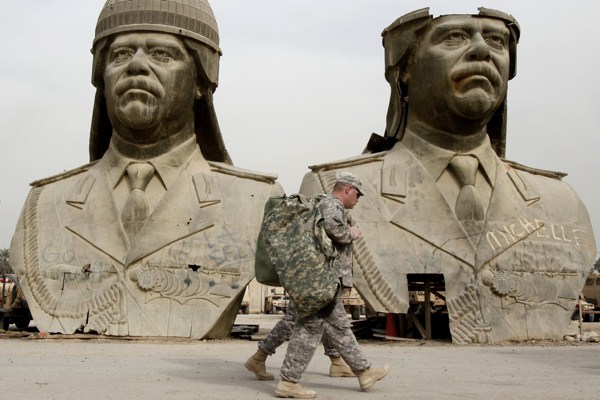More than 12 years after the United States and its coalition partners invaded Iraq, it seems we’re no closer to learning the lessons of what may be the most ill-conceived war in American history.
Case in point: the current debate playing out on the U.S. presidential campaign trail over whether it was a good idea for the U.S. to invade Iraq in 2003. Recently, U.S. politicians—primarily Republicans—have been twisting themselves into knots trying to rationalize then-President George W. Bush’s decision to go to war. “Based on what we know now” about Iraq’s lack of weapons of mass destruction, they argue, going to war was the wrong move. The problem, however, is that based on what we knew then, in 2003, invading Iraq was a terrible idea.
In fact, lots of people back in 2003 thought Saddam Hussein was being less than forthright about Iraq’s WMD programs. Not all of them, however, thought going to war was the solution to that problem.

